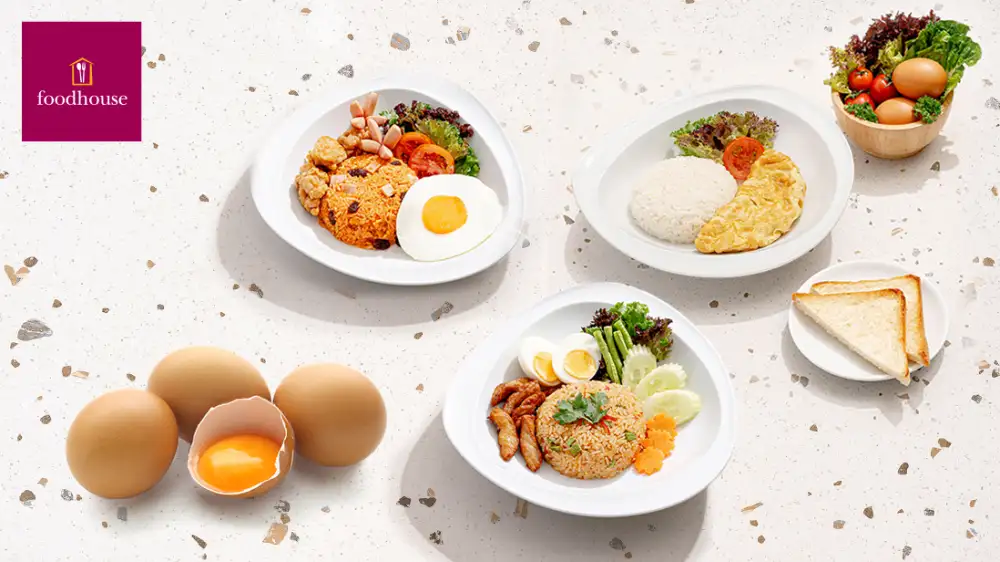
Foodhouse, Thailand's leading catering service provider, has announced its commitment to transition to 100% cage-free eggs by 2028. This move marks a significant step towards more ethical sourcing and animal welfare, making Foodhouse the first catering service provider in Thailand to join the global cage-free movement. Foodhouse serves millions of meals each year across the healthcare sector, education sector, and events.
Humane World for Animals, formerly Humane Society International, celebrates Foodhouse for its commitment to animal welfare. Since 2022, Humane World for Animals and Foodhouse have collaborated on this initiative, organizing internal education sessions, coordinating supplier visits and facilitating workshops to support Foodhouse's creation of a roadmap to achieve 100% cage-free egg sourcing.
While there is a significant supply of cage-free eggs in the Bangkok area, Humane World for Animals has also assisted Foodhouse in finding cage-free producers in less populated areas throughout Thailand. This ensures that Foodhouse will be ready to transform its supply chain to use exclusively cage-free eggs by 2028.
Mr. Nitinan Thamhatai, Director of Foodhouse shared, "We envision Foodhouse as an organization where strength comes from within, and success is driven by a balanced ecosystem. We are delighted to collaborate with dedicated organizations like Humane World for Animals. We look forward to further collaboration to make the future of egg production cage-free. Foodhouse will be looking into improving farmed animal welfare for other species moving forward. Cage-free egg is just the starting point."
Lalada Tangjerdjaras, Thailand program manager for farm animal welfare at Humane World for Animals, said, "Foodhouse's management team has shown dedication and passion in developing its commitment and implementation plan. Foodhouse is the first national foodservice provider in Thailand to commit to implementing a cage-free supply chain. But it is another example of Thai companies that are joining the global movement for animal welfare, and with these commitments, hens will no longer forced to spend their lives in cramped wire cages, unable to spread their wings."
In 2024, most of the 70 million hens in Thailand's egg industry were confined to tiny wire cages, preventing them from even spreading their wings. In contrast, cage-free production systems provide a much higher level of welfare, allowing the birds to express their natural behavior, including ground scratching and pecking, laying their eggs in nests, perching and fully spreading their wings, which are all scientifically documented behavioral needs.